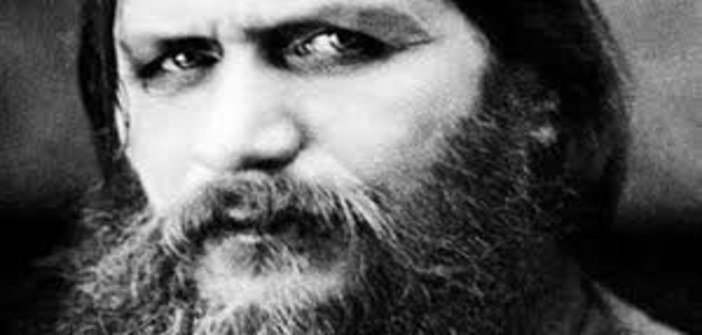A little boy suffers from hemophilia; he is the Tsarevich, the son of Nicholas II. This is how a muzhik will enter the life of the imperial family. Rasputin, a Siberian peasant, uncouth, debauched, and fanatically religious; all these contrasts in one man.
Healer, hypnotist? He cannot really be defined. His belief is that one must necessarily sin to receive God’s forgiveness. He will captivate the Tsarina and, in turn, influence the Tsar, a weak and indecisive man. He advises against entering the war, as he is a pacifist and can foresee the dangers and perils.
The Tsars’ empire is on the brink of collapse; Nicholas II wants to present himself as the defender of the Slavs, which leads Russia into war against Austria after Sarajevo.
Vladimir Fédorovski admirably describes Russia at the beginning of the 20th century; the storm is approaching, and Nicholas II lacks the authority to contain it.
The novel of Rasputin, the life of a Russian peasant who came from the depths of his Siberia to relieve a young boy whose slightest shock turns into a tragedy endangering his life. He succeeds; other people are relieved or even healed by him.
Everything about this fictional character is a mystery; even his death will fuel a legend: Rasputin is said to have predicted the fall of the tsarist regime and a flood of blood over Russia. Was he the devil incarnate or, on the contrary, a saint?
The author, through this book, invites us not to answer but to ask the question to which the answer seems impossible, hence the interest in a controversy that this historical novel fuels for the reader’s greatest pleasure.
Thierry Jan


